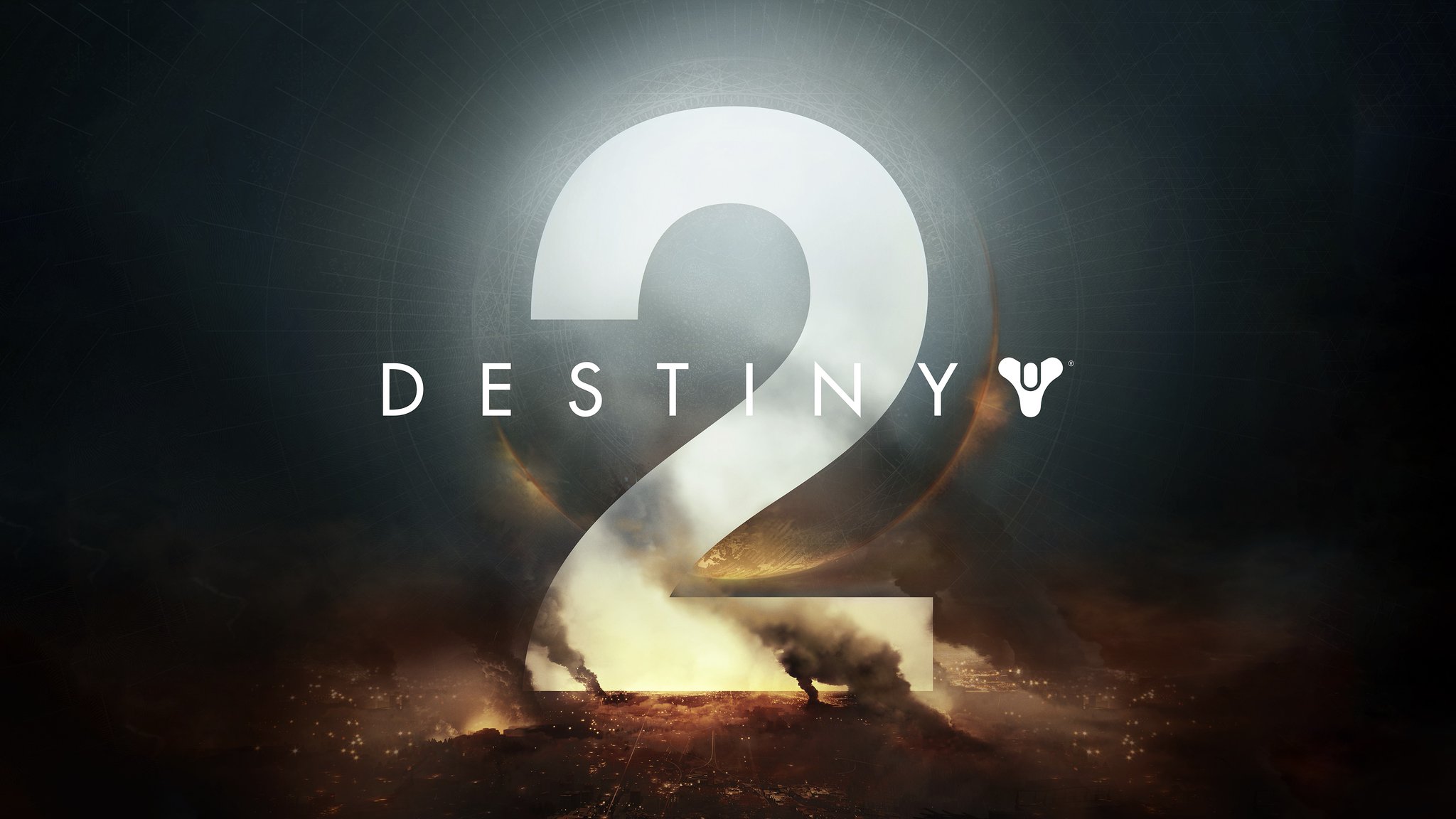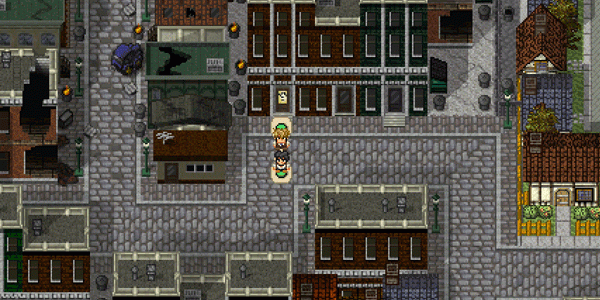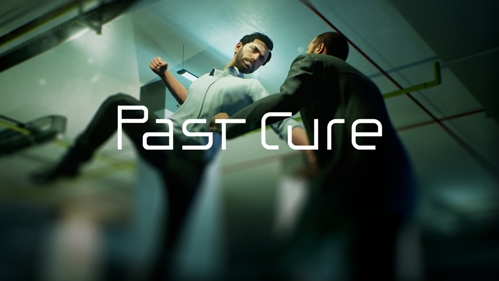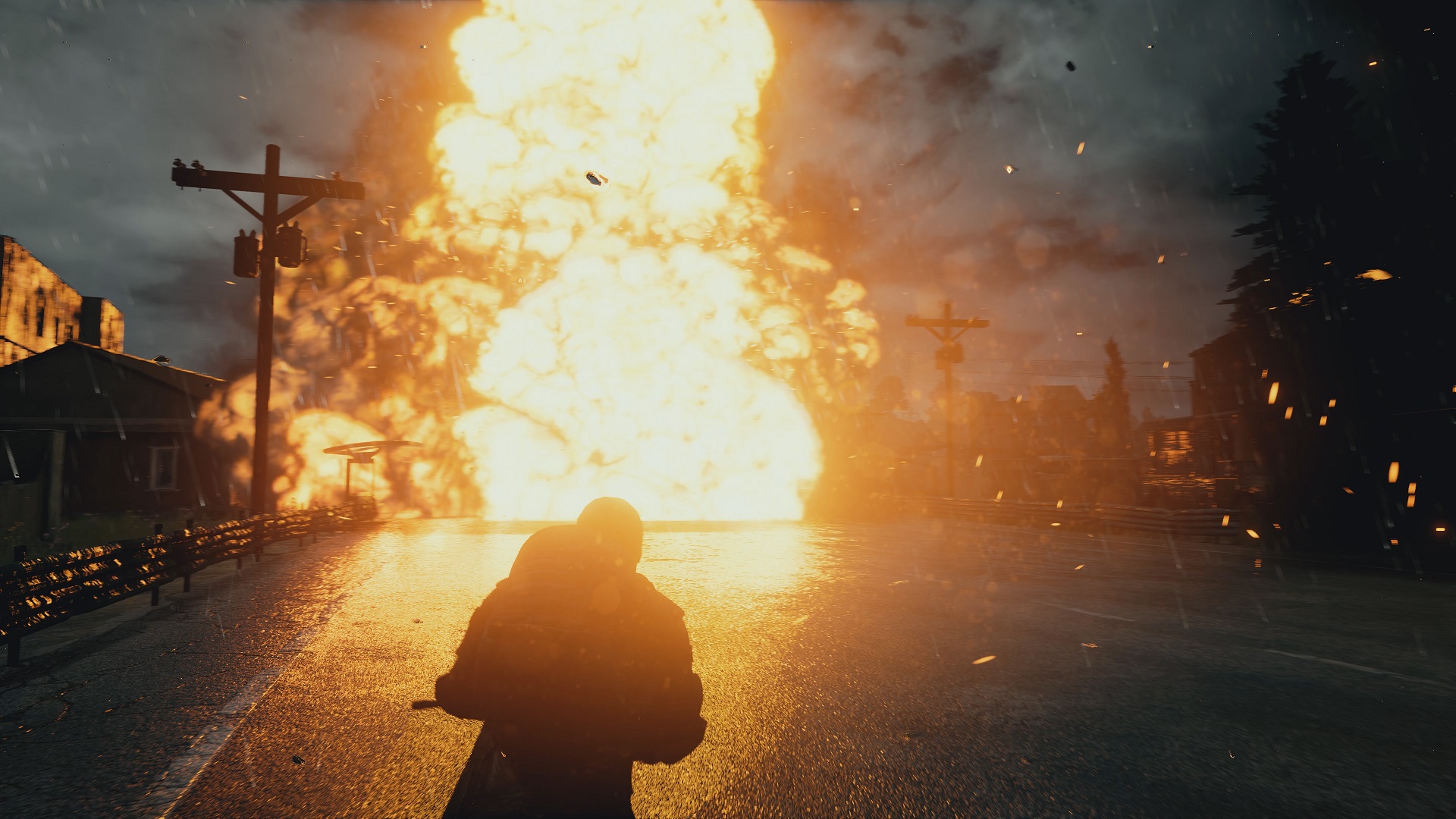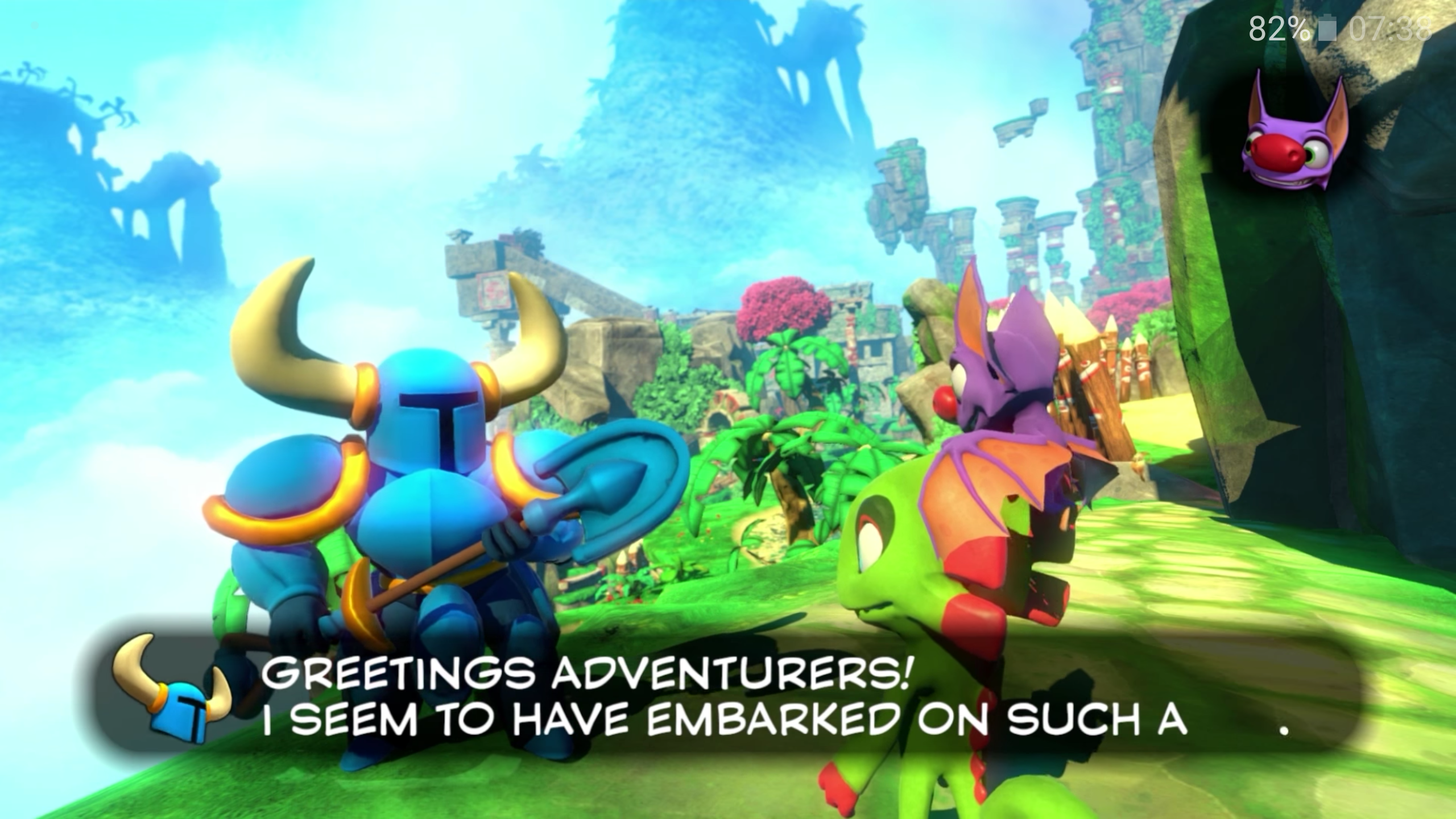
Gamers aren’t known for being a patient bunch. People want their content now, want to master the game now, and want to reach max level now. Developers are aware of this impulse and strategize around it, resulting in the advent of such ‘luxuries’ as pre-loaded digital purchases, pay-to-win micro-transactions, and Week 1 paid DLC. Rarely do you see a game that tries to deny us our instant gratification.
As such, it was with great anticipation that I approached Rain World, the debut release from developers VIDEOCULT, which teased a journey of survival that would demand a slower and more considered approach than your average platformer.
Gifting you nothing but some basic controls and the premise of finding your family, Rain World sets your character, a ‘Slugcat’, loose in a dangerous world without direction, without knowledge of how to navigate its labyrinthine zones, and without any defense against the many predators that hide around every corner. In the end, what I found in Rain World was a carefully crafted but, ultimately, flawed experience that fails to reward the patience and commitment of it’s players.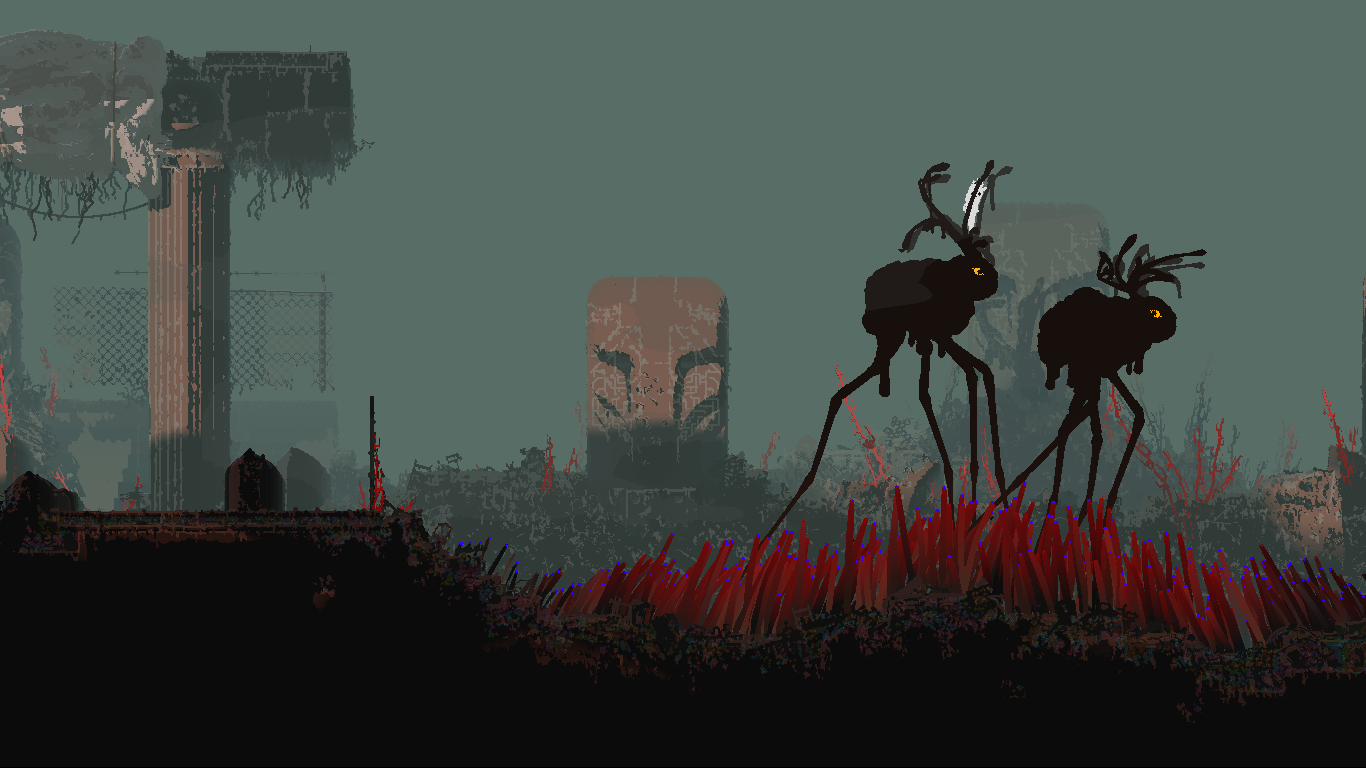
Rain World made a captivating first impression, thanks in no small part to it’s meticulously designed artwork. Rendered in a pixelated style reminiscent of the 16-Bit era, boldly coloured creatures animate with natural fluidity against rigid, industrial backgrounds. Environmental details such as sunlight and shadows give depth and visual complexity to every area of the game. The result is a beautiful world that captures your curiosity as it seemingly lives and breathes around you.
The music of Rain World is another highlight, shifting from haunting soundscapes to beat-driven arcade tunes as dictated by the circumstances of gameplay. Environmental sounds and creature noises are simplistic but clear and consistent, helping you to identify predators from distance and warning you of the impending rain.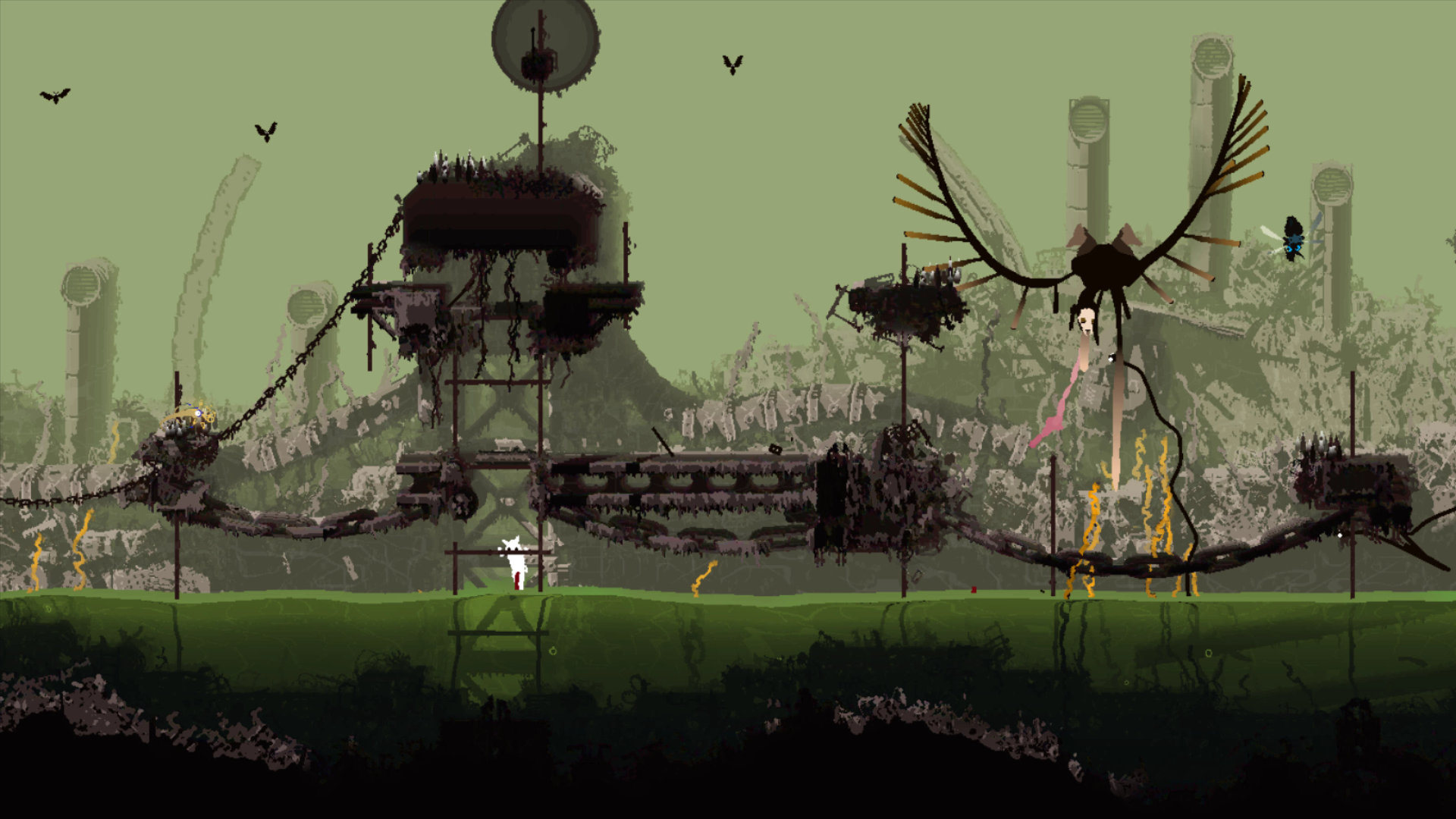
Rain is at the core of the game’s survival mechanic. In the sunlight you’re free to explore, collect food, and search for the path forward. Once the clouds come though, Slugcat must join the other creatures in a mad rush for safety. Get caught in the downpour and you will die, but find suitable shelter and you’ll be given the opportunity to hibernate, consuming stored food and increasing your ‘Karma’.
Your Karma level is the key to progression in Rain World. The gate to each new zone will open only when Slugcat has reached the indicated Karma level. This system is meant to encourage slow and careful progress but ends up necessitating a frustrating and unnecessarily lengthy grind of locating food and hibernating multiple times to reach the required level.
This is bearable in the beginning but you’ll end up spending hours in the same zone, backtracking numerous times through each location in search of one extra insect or piece of fruit so that, after several cycles of hibernation, you’ll be able to move on. If, God forbid, you are killed by one of the many predatory creatures in the world, it will cost you a Karma level and delay your progress by yet another hibernation. This mechanic disrupts any feeling of freedom and stifles exploration, gating each zone behind hours of arbitrary repetition. 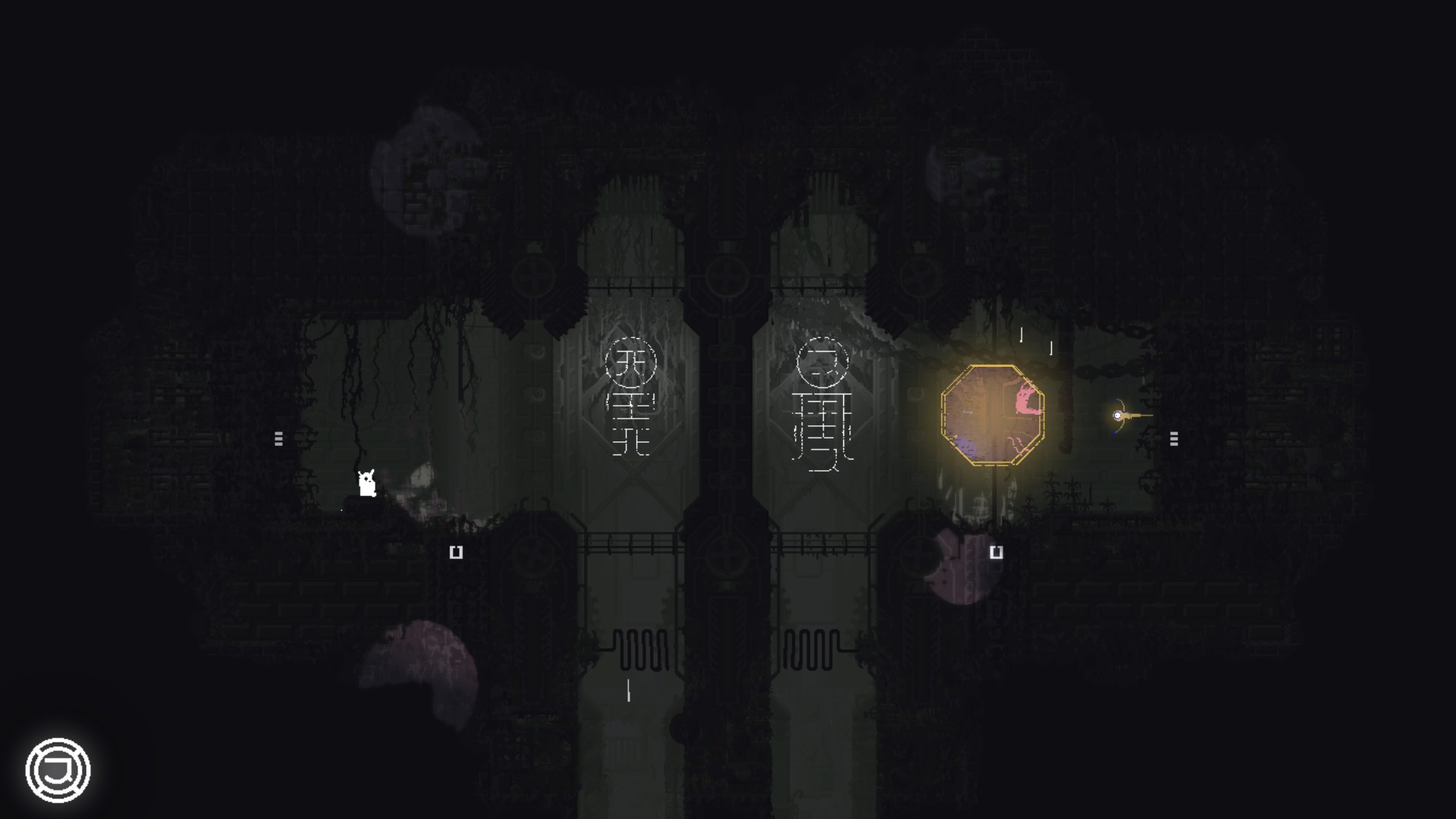
The grind is worsened by inconsistent and clumsy controls. In a game where life and progress are hinged on your ability to make inch-perfect jumps and dodges under pressure, you should be able to rely on tight and responsive controls that put you in complete command of your character’s movement. Instead, Slugcat slips off ledges, jumps at bizarre angles and ignores surfaces that need to grabbed or walked along.
This is a huge shame, as Rain World‘s well designed levels showed huge potential, occasionally facilitating some intense and frenetic chase scenes. Adrenaline ran high as I flung Slugcat over obstacles and through hidden pipes, while multiple predators clambered over one another in a desperate competition for sustenance.
However, these moments are the exception, not the norm. Falling to your death through a platform that Slugcat should have easily grabbed onto is deeply frustrating when you’re halfway into your fifth run through a zone, and this is by far the more frequent occurrence.
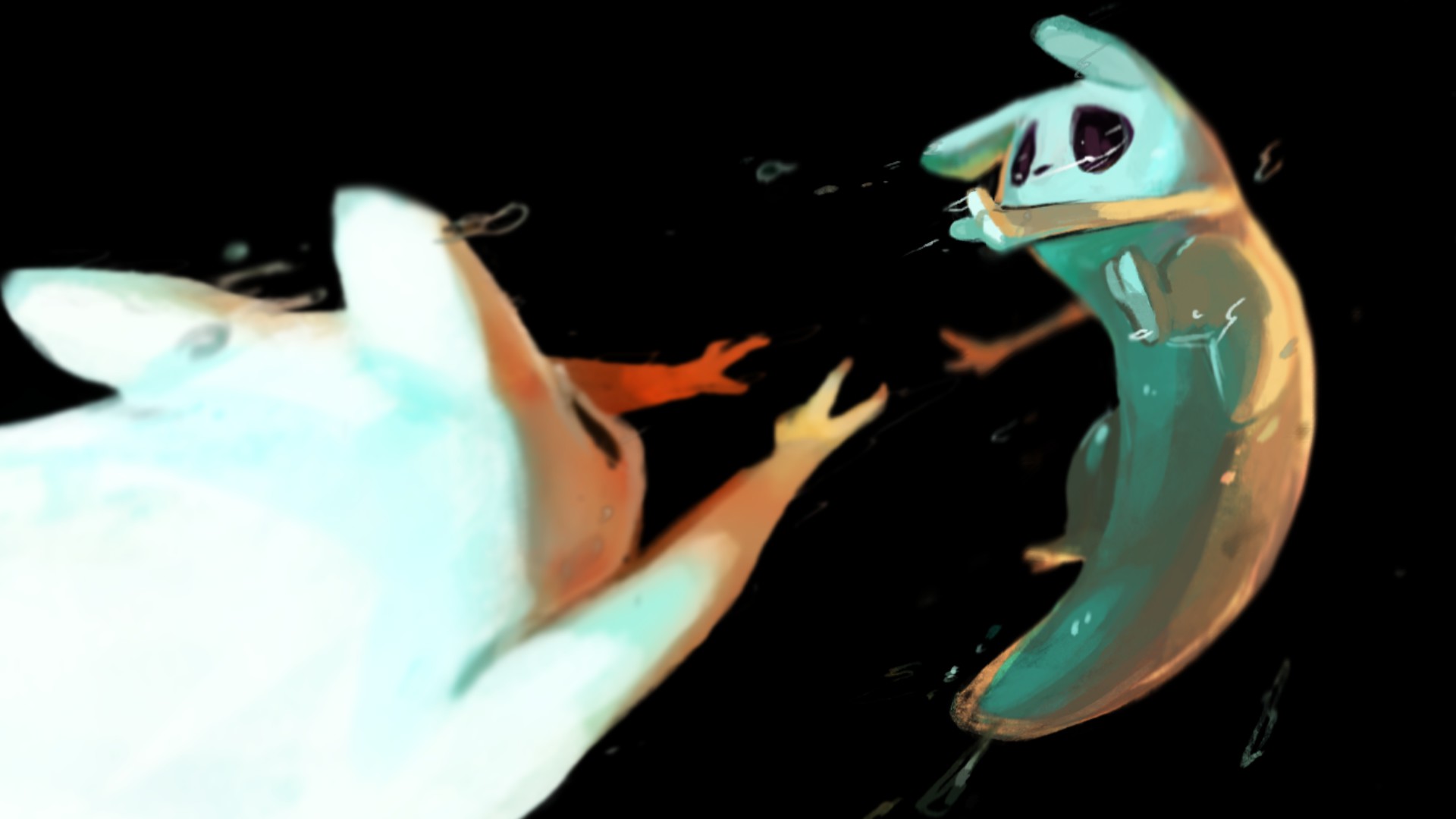
Worse still is the fact that you are told nothing about any of the above mechanics. Once you are shown how to jump and grab items, you are left stranded in a restrictive and confusing world with absolutely no knowledge of how to progress, or what progression even looks like. Any motivation to explore and experiment is dampened by the previously mentioned control and gameplay issues. As such, Rain World fails to engage the player at the most critical juncture; the beginning of the game.
Plot development falls by the wayside early and does nothing to spur you into motion. Rain World‘s initial premise, to reunite Slugcat with its lost family, quickly becomes lost in a mess of abstract symbolism and vague lore. Leaving a story open to interpretation is one thing, but Rain World‘s bizarre metaphors fail to achieve even basic coherence. A visually stunning but vapid ending answers no questions and offers no satisfaction. The game feels as though it was written more for it’s writer than for an audience.
In and of itself, leaving players to discover a game’s story and mechanics on their own is not a design flaw. Many modern games have delivered rewarding experiences built around a process of trial and error, culminating in an increased sense of accomplishment for having overcome a challenge with no help or guidance.
Rain World‘s issue comes when the player endures the initial period of confusion only to find that the game, even once understood, is not fun or rewarding. Frustrating mechanics, frequent repetition and poor pacing contribute to a lacklustre experience that doesn’t justify the time or energy required. Your patience, in a game that demands so much of it from you, turns out not to be a virtue.
- Gorgeous visual style.
- Inspired soundtrack.
- Frustrating mechanics.
- Poor pacing.
- Loose controls.
- Bizarre and unsatisfying plot.

